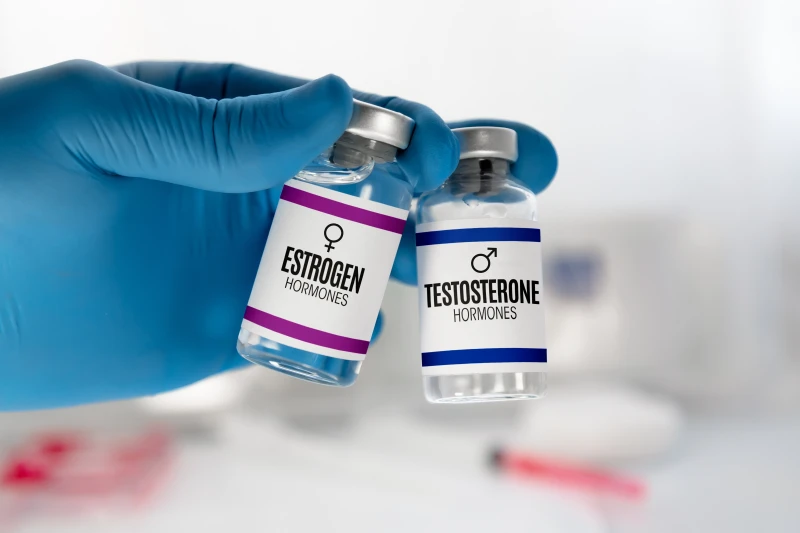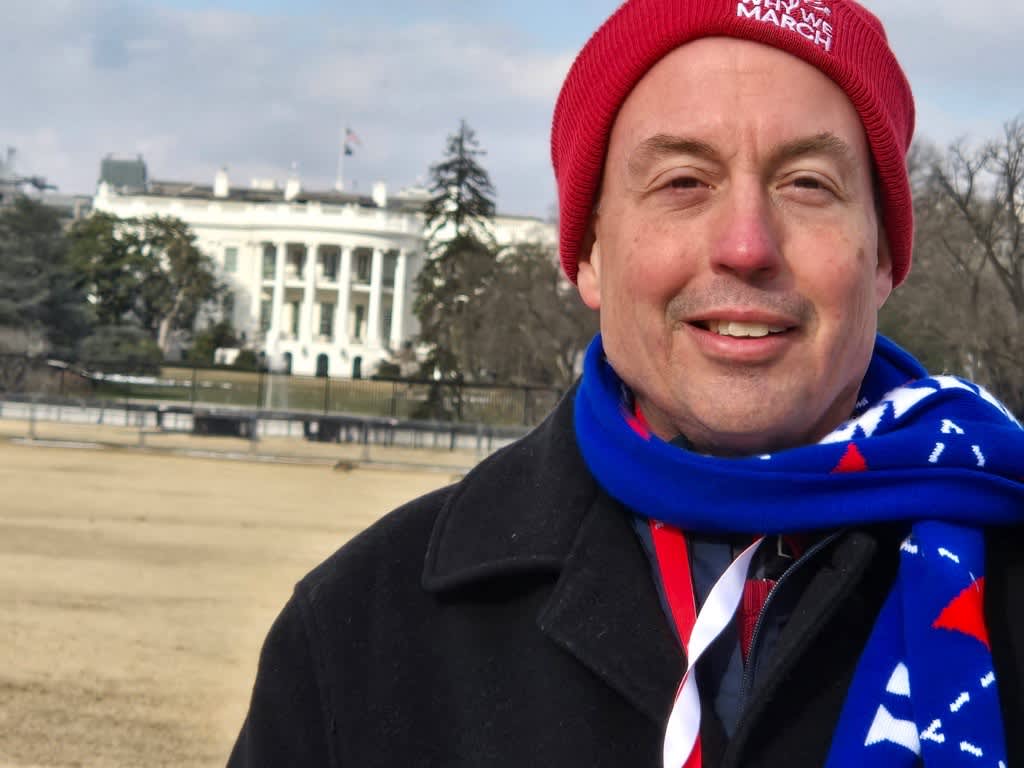
null / Credit: angellodeco/Shutterstock
Washington, D.C. Newsroom, Oct 2, 2025 / 12:46 pm (CNA).
U.S. Catholic bishops are urging the Federal Trade Commission (FTC) to scrutinize “false or unsupported claims” in advertisements that promote hormone therapy drugs and surgeries to Americans, and particularly to children.
The United States Conference of Catholic Bishops (USCCB) submitted a public comment to the FTC on Sept. 26. The FTC requested public comments in July after launching a formal inquiry into consumers possibly being exposed to false claims.
William Quinn, USCCB general counsel, and Daniel Balserak, assistant general counsel, wrote that “weak and increasingly questioned scientific evidence” used to support the use of hormone therapy drugs underscores the need for FTC scrutiny of promotional claims.
In one example, the USCCB noted that Planned Parenthood has publicly promoted such medical interventions as a “lifesaving service” on its website, advertisements, on social media, and in its Promotorx Program.
While the American Medical Association has said transgender minors should be allowed to “explore their gender identity” to improve physical and mental health, a Finnish study last year found no mental health benefits for minors receiving such interventions. An American doctor last year withheld the results of a government-funded study after it found no mental health benefits to puberty blockers, The New York Times reported.
A Mayo Clinic study last year also found that puberty blockers may cause irreversible harm to young boys, even though they are commonly marketed as reversible. In May, the Department of Health and Human Services issued a report that found a “risk of significant harms” from these drugs and surgeries and “deep uncertainty about the purported benefits.”
The United Kingdom recently halted the drugs and surgeries for minors after issuing a report with similar findings. The author of the U.K. report alleged American medical groups have misled the public about the safety and efficacy of these interventions on children.
In the public comment, the USCCB noted that most of the drugs are not approved by the Food and Drug Administration (FDA) for the purpose of gender transition. Although the USCCB acknowledged that using off-label drugs is not necessarily misleading, any advertisements that imply FDA approval are deceptive, according to the comment.
‘The spiritual dimension’
The bishops said in addition to physical and psychological concerns related to hormone therapy drugs and surgeries, “it is important to also recognize the spiritual dimension,” which is “no less real and even more profound.”
“Rejection of our God-given bodies, such as by modifying them to appear as the opposite sex, is a grave matter, and when done with full knowledge and complete consent, is a grave sin,” the comment reads.
The bishops, citing the Catechism of the Catholic Church, said grave sin “deprives us of communion with God and therefore makes us incapable of eternal life” without repentance. They note that “grave sin damages the soul, turning the soul away from God and toward further sin,” and the Church is “also deeply concerned for the spiritual welfare of the medical professionals who administer these drugs and procedures, as their participation likewise involves grave moral consequences.”
“Interventions that alter the body to reject one’s sex attempt to compromise the integrity of the body-soul unity and are thus damaging to the soul because they disregard the fundamental order of the human person, viewing the body as ‘an object, a mere tool at the disposal of the soul, one that each person may dispose of according to his or her own will,’” the bishops wrote.
“It must be remembered that ‘because of this order and [its unitive and procreative] finality, neither patients nor physicians nor researchers nor any other persons have unlimited rights over the body; they must respect the order and finality inscribed in the embodied person,’” they added.
An ongoing investigation
President Donald Trump signed an executive order in January to restrict hormone therapy drugs and surgeries given to children, which he called “chemical and surgical mutilation.”
The FTC received thousands of comments during the 60-day public comment period. The FTC did not respond to a request for comment from CNA about the status of the investigation.
Mary Rice Hasson, director of the Person and Identity Project at the Ethics and Public Policy Center, told CNA that it’s “good news … that over a dozen hospital-based ‘gender’ programs have closed their harmful sex-rejection ‘services’ for kids and adolescents” following Trump’s executive actions.
“Kids who would have suffered disabling, disfiguring, and sterilizing ‘gender’ hormones and surgeries will be spared — for now,” she said.
Hasson said the ongoing concern is still that “not one of these programs has acknowledged the harm done on their watch” and urged congressional action to pass laws that ban clinics from prescribing hormone therapy drugs and surgeries for children.
“They are shuttering these programs for fear of losing federal funds but have not repudiated the barbaric practices that masquerade as ‘gender care,’” she said. “Most of these hospitals are poised to resume these programs if the political winds shift leftward.”











